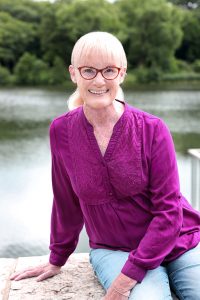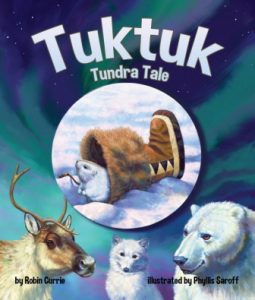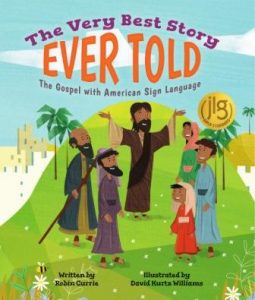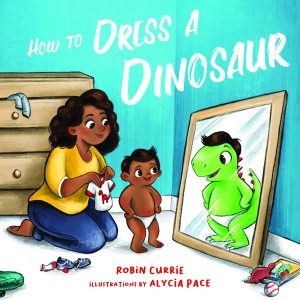Is there anything more fun than being in the library Children’s room at story time? I was the lucky librarian who did that for 30+ years, reading to kids from birth to kindergarten. I also selected thousands of books for the library to purchase and chose from those the ones to highlight and share at story time.

When the publishers’ seasonal announcements are made, how do professional librarians know what to choose?
Librarians are less swayed by Big Name and Big Author Following. We will buy a good book by an unknown author. We do not buy from Amazon, or care about number of stars. We do not have time to follow blogs. Our job is to spend community tax dollars on the best for kids.
What DO librarians want in a picture book?
1 We want a book that fills a need. All day long we get questions:
- Where are the books on Dinosaurs?
- Trucks? Princesses? Ponies?
- And harder ones like Telling a 4-year-old about a divorce.
- Or a toddler about a new baby.
- And the ever requested: toilet training.
2 We want a child focused book. And in the format for the right age.
- Board books for age 0-2.
- Picture books naming objects for ages 1-4.
- Simple stories for ages 3-5.
Often, we find a concept above the child’s comprehension in a board book or simple picture book.
3 Most important we want a read aloud!
- Page turns
- Rhythm
- Repetition
- Word usage
- Illustrations
All these must work together in that perfect read aloud. They only arrive on our library desks about twice a season, but they are the books that get checked out and read over and loved for generations!
PICTURE 2

Now how can you position YOUR book to be on the shelf and purchase lists for the library?
1 Spend time looking at books at the library. Note publishers who sell to picture book collections. It is a very different set of publishers than for school age. It is different publishers than for book sales at big box stores. See what topics have empty shelves, or what books are dogeared from rereading.
2 Check the library newsletter for the perennial story time topics: holidays, friends, silly stories, and, of course, dinosaurs!
3 Ask the librarians what subjects are most popular. More important what are the needs they see in the market. That may be your subject to write!
BUT WAIT: when you send out a query letter or a proposal for your picture book, mention that you have done this research and what your results were. It will not represent double blind data but will go a long way in getting your story to the page and onto the shelf!

Award winning author Robin Currie led children’s departments of Midwestern public libraries before being called midlife to ordained ministry. She has a special love for children’s literacy and Bible storytelling. She serves in Chicago area parishes and annually volunteers teaching English in developing countries. She and her husband actively grandparent 5 wonderful kids!
Robin has published seven library resource collections of creative ideas for library story times, and more than 20 Bible story books for children.
PICTURE 4

Kansas NEA Reading Circle Catalog Selection 2017.

WINNER: 2020 Serious Writer’s Book of the Decade, Focus on Family Top 10 Family Friendly Picture Books 2019, First Place, Wright Medal, North Carolina Christian Writers Conference, 2019, Finalist: 2019 Selah Award

She is excited to reveal the cover of her next book, How to Dress a Dinosaur, coming in March 2022!



5 Comments
Great tips, Robin! As I write and revise, I am now focusing on page turns, rhythm, repetition and the use of interesting words. Now I’ll take your advice on consulting librarians for topic ideas. Thank you for sharing!
Wonderful tips Robin! Thank you 🙏🏾
Great article, Robin. It’s heartening to hear from the librarian’s mouth that it is the read-aloud qualities that get books purchased and loaned! 😁
Hi Robin, This was such a helpful article. Thank you!
Awesome article! Took notes. Am focused on marketing my picture book Hugga Loula right now, but who knows when the next picture book idea will strike me. Will keep your advice close by. Would love
to hear more about what organization you volunteer with in teaching English in developing countries.
(I hold a BSE degree with a major in English.)